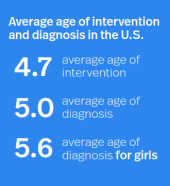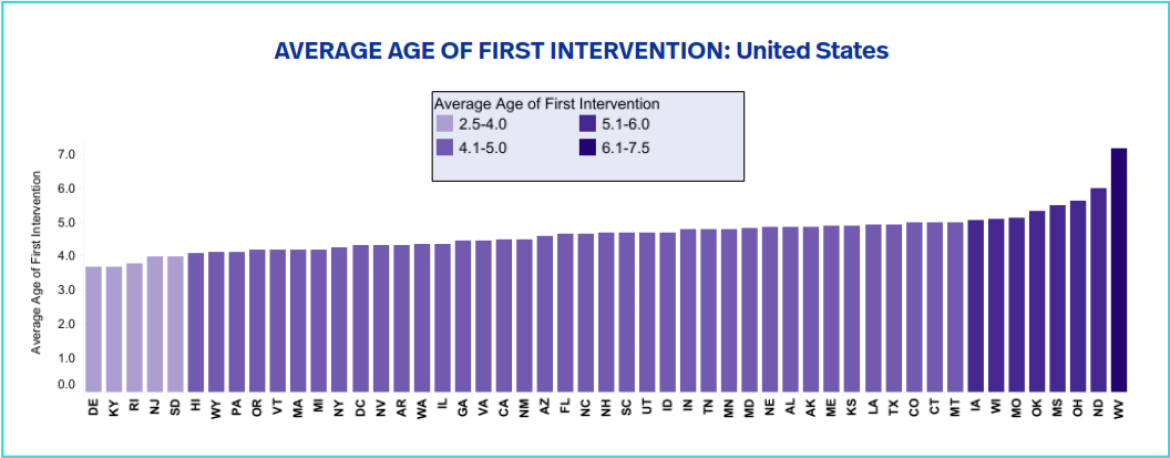In The Politics of Autism, I analyze the discredited notion that vaccines cause autism. This bogus idea can hurt people by allowing diseases to spread. And among those diseases could be COVID-19.
Antivaxxers are sometimes violent, often abusive, and always wrong. A leading anti-vaxxer is presidential candidate Robert F. Kennedy, Jr. He has repeatedly compared vaccine mandates to the Holocaust. Rolling Stone and Salon retracted an RFK article linking vaccines to autism.
Amid former President Donald Trump’s fire hose of fabulism, feculence and felonies, it can be hard to keep track of his many concerning 2025 pledges. One nugget that may have escaped wider notice is his declaration, made in speech after campaign speech, that he will “not give one penny to any school that has a vaccine mandate.” As Steve Benen notes, “Trump’s rhetoric was neither accidental nor new.” But we also can’t ignore it.
We are occasionally assured that we should take Trump seriously, but not literally. Yet Trump seems committed to this vaccine mandate threat. As Benen notes, the former president has repeated his anti-vax vow “word for word, for at least a year.” And, lest there be any confusion, he occasionally emphasizes that his pledge would apply to every public school “from kindergarten through college.”
Nor does he specifically limit his pledge to Covid-era vaccines.
...
This may just be the tip of a new reactionary anti-vax push. Legislation has been proposed in state legislatures across the country that could limit the use of vaccines for measles, polio and meningitis, often in the name of parental or religious rights. A bill pending in Louisiana would require schools to proactively inform parents of their rights to opt out of the mandates. “We’re against the government telling us what to do with our own bodies,” the legislation’s author, GOP Rep. Kathy Edmonston, insists.
The Republican Legislature in West Virginia passed a bill that would have exempted students attending private, parochial and virtual schools from the mandates. (It was vetoed by GOP Gov. Jim Justice.) Mississippi has seen a dramatic spike in the number of students claiming religious exemptions. In Wisconsin, Democratic Gov. Tony Evers vetoed legislation that would have required public universities and colleges to provide.
AP reports on the West Virginia primary:
In the state’s eastern panhandle, U.S. Army Special Forces Green Beret veteran Tom Willis defeated Republican Senate President Craig Blair, who has helmed the chamber since 2021. And State Health and Human Resources Chair Sen. Mike Maroney was defeated by Chris Rose, a utility company electrician and former coal miner.
Maroney’s loss came after he publicly advocated against a bill pushed by the Republican caucus that would have allowed some students who don’t attend traditional public institutions or participate in group extracurriculars like sports to be exempt from vaccinations typically required for children starting day care or school.
West Virginia is only one of a handful of states in the U.S. that offers only medical exemptions to vaccine requirements. Maroney, a radiologist from Marshall County, called the bill “an embarrassment” on the Senate floor and said he believed lawmakers were harming the state.
In Maroney’s race, Rose had the backing of West Virginians for Health Freedom, a group that advocates against vaccine mandates.
During the debate about this year’s vaccine bill, which was ultimately vetoed by Republican Gov. Jim Justice, Maroney said: “I took an oath to do no harm. There’s zero chance I can vote for this bill.”
Ontario has its first death from measles in over a decade. A small child who was unvaccinated. https://t.co/HyhF0gqN5y
— Brandy Zadrozny (@BrandyZadrozny) May 17, 2024
As a reminder, measles is also spreading in the U.S. It's a nasty, painful disease, that can end in lifelong disability or death. But anti-vaccine activists… https://t.co/fODsq2rvAU

